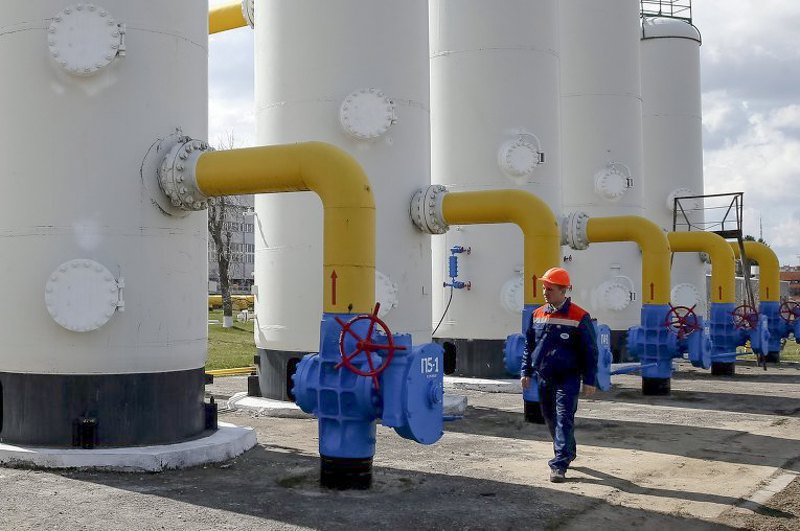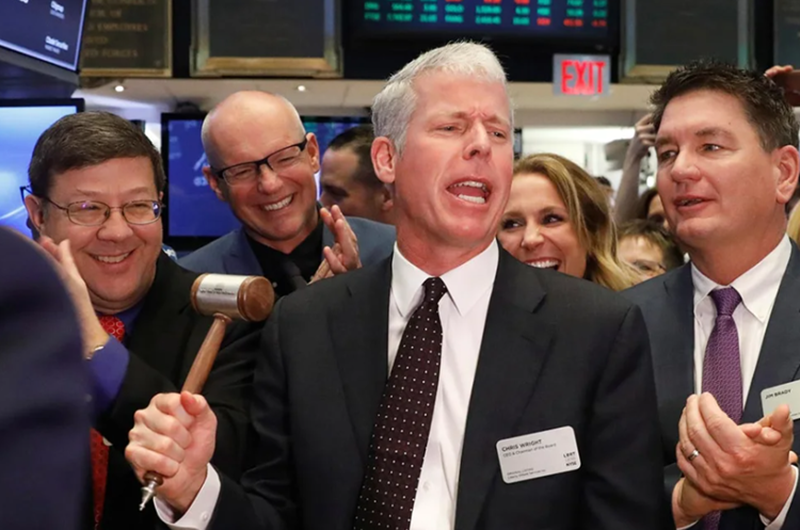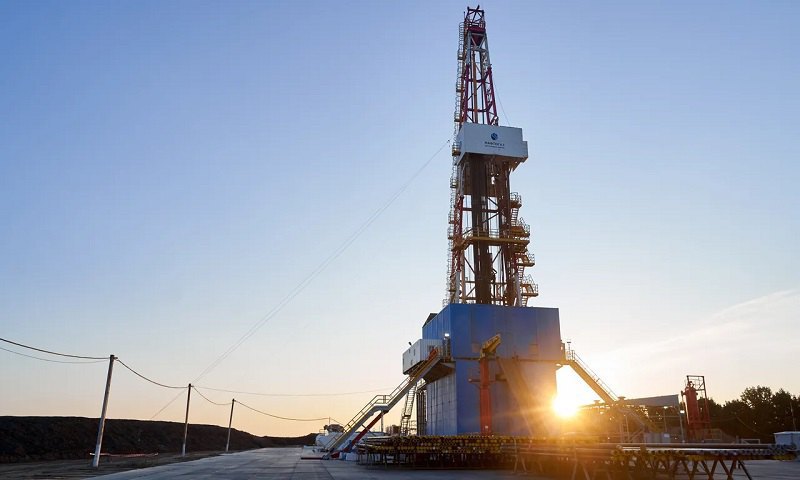
In particular, Americans may be interested in Europe’s largest natural gas storage facilities and minerals, including lithium, which could potentially revolutionise the development of microchips and electric vehicles.
“Controlling lithium is controlling the economy of the future,” Volodymyr Vlasyuk, an expert on Ukrainian industry, told The Washington Post. According to him, it is better for the Western world if these materials remain in the hands of “a friendly enough country like Ukraine.”
“Ukraine’s gas market is the most profitable in the world,” Oleksiy Chernyshov, chairman of Naftogaz, told The Washington Post. “I am confident that American companies have a great future in Ukraine now, not tomorrow.”
Chernyshov noted that the Trump administration will likely consist of people with extensive business experience, making them more receptive to such proposals.
During the election campaign, Trump frequently emphasised that the United States should dominate the energy sector. To achieve this, he argued, American companies should intensify efforts to develop indigenous fossil energy sources. He also nominated Chris Wright, CEO of the oilfield services company Liberty Energy, as Secretary of Energy. Wright is a well-known advocate of fracking without environmental restrictions.

According to Reuters, Trump’s transition team is preparing a large-scale energy package to be approved within days of his inauguration. This package’s primary aim will be to stimulate energy production and expedite the issuance of new permits for exporting liquefied natural gas (LNG). The current White House administration has suspended such permits to assess the climate impact of additional gas exports.
Such decisions have not been unanimously supported, even among Democrats. In September 2024, Democratic congressmen urged President Biden to accelerate LNG export approvals to Eastern Europe and Ukraine.
“The public interest also demands that we consider how LNG exports contribute to geopolitical stability and serve our national security interests. Russia’s increasingly aggressive actions against Ukraine’s infrastructure, including its electricity and gas supply facilities, underscore the urgent need to help Ukraine. It is equally important to provide Ukraine with the means to recover and rebuild, and to diversify and secure its energy resources,” the statement said.
“It will also be critical to replace Ukraine’s natural gas supplies when the contract with Gazprom expires at the end of this year. Reducing Ukraine’s dependence on Russian energy resources will strengthen its energy security, align with the strategic goal of reducing Russia’s influence in the region, and weaken leverage held by hostile actors like Russia over our allies.”
In her first phone call with US President-elect Donald Trump, European Commission President Ursula von der Leyen also urged him to increase LNG imports from the US to replace Russian gas.
In 2023, the United States became the largest exporter of LNG, and it is expected to account for 24% of global LNG export capacity by 2030. US gas already represents more than 47% of EU LNG imports (the EU imported approximately 130 billion cubic metres of LNG last year).
However, Russia remains the second-largest supplier of LNG. According to Bloomberg, EU countries have purchased more LNG from Russia in 2024 than in all of 2023.
“We still get a lot of LNG from Russia. Why not replace it with American LNG, which is cheaper and reduces our energy prices?” Ursula von der Leyen stated.
Returning to the potential American interest in the Ukrainian energy sector, The Wall Street Journal reports that US energy companies have little incentive to increase production domestically. Instead, they are keen to expand sales markets and acquire oil and gas infrastructure, such as pipelines, storage facilities, and regasification terminals, near strategically important European markets.
Last year, Oleksiy Chernyshov held talks with executives from Halliburton, ExxonMobil, and Chevron about investing in Ukraine’s energy sector. According to him, Ukraine has long emphasised the prospects of increasing shale gas production in the Kharkiv, Poltava, and Transcarpathian Regions. Naftogaz hopes to leverage US expertise in onshore shale drilling, which has made the United States the world’s largest oil and gas producer.

“We understand that it is quite difficult for private companies to operate during the war,” Chernyshov said at the time. “We are working on insurance mechanisms to protect their capital. It will probably take some time.”
Now, under certain conditions, potential opportunities for cooperation will be safeguarded not only by the Ukrainian insurance mechanisms mentioned by the head of Naftogaz but also by Washington’s geopolitical imperatives and Donald Trump’s business-oriented approach.







